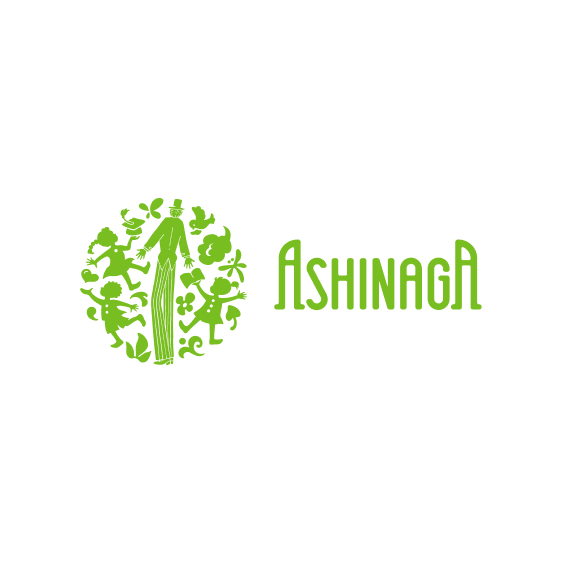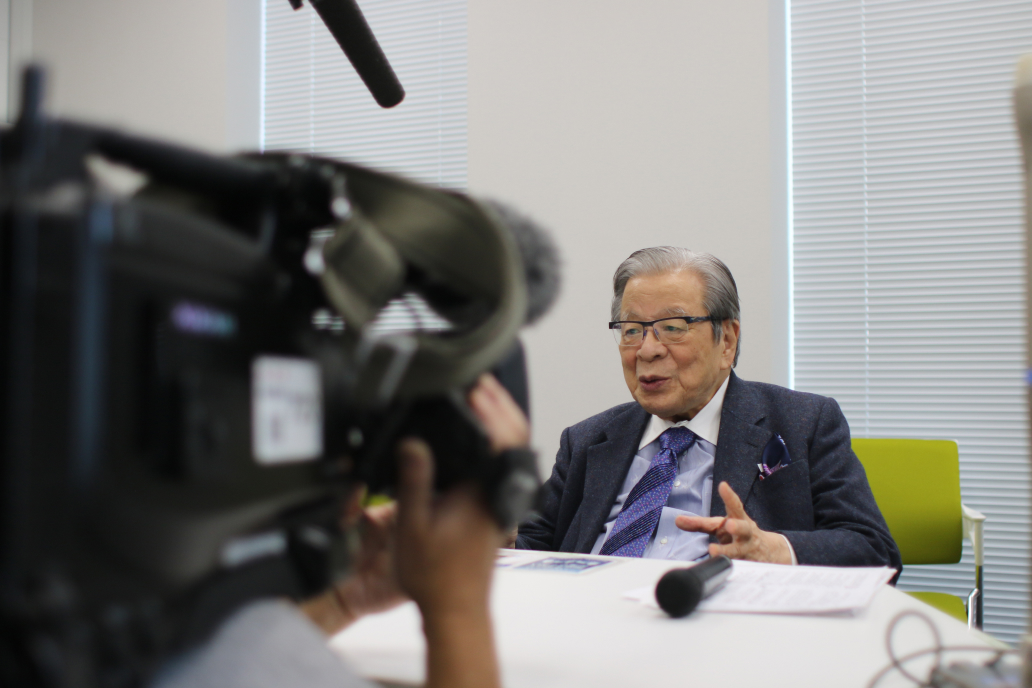Ashinaga Masters in Africa Program: A new opportunity for AAI Graduates to lead the change in Sub-Saharan Africa
Ashinaga Masters in Africa Program: A new opportunity for AAI Graduates to lead the change in Sub-Saharan Africa
Ashinaga has launched a new program called the “Ashinaga Masters in Africa” (AMIA). This program offers graduates from our flagship tertiary education program, the Ashinaga Africa Initiative (AAI), a $3000 annual grant for postgraduate study at top-tier universities in Sub-Saharan Africa. There will be ten scholarships available each year starting August 17th, 2021. On September 16th, the Graduates and Alumni Team organized a webinar to share more details about the program and hear stories from guests with postgraduate experience on the continent.
AAI Scholars and Graduates got the chance to hear from our honorary guest, Professor Miriam Were. Professor Were holds a master’s degree and Ph.D. in Public Health degrees from Johns Hopkins University in the USA. She is also a former Chancellor of Moi University, Co-Founder of UZIMA Foundation-Africa, and an Ashinaga Kenjin Tatsujin Council member.
Professor Were started her speech with the two main reasons she believes a master’s degree is essential on the continent. The first is that graduate students get to rub shoulders with those who have great expertise in their chosen areas of specialization. The second is the opportunity to focus on a local place of interest and identify ways to contribute to its development.
Professor Were reminded the AAI Graduates and Scholars that they had the unique privilege to undergo their undergraduate degrees abroad and gained excellent exposure to the world. In addition to the international outlook, the Ashinaga Masters in Africa offers its Scholars an even more unique opportunity to develop locally focused skills and complement those they developed abroad to fit the realities of the sub-Saharan African region.
According to Professor Were, through AMIA, AAI Graduates will be able to identify the problems related to their areas of interest and the expertise they need to solve them. Professor Were added that a Master’s program in Africa would allow the AAI Scholars and Graduates to develop a rich professional network back home and explore employment opportunities to ease their entry into the African job market.
Besides Professor Were’s speech, the AAI Scholars and Graduates heard testimonies from George Ampratwum and Suzan Kilamile. George is the Professional Network Development Team manager at Ashinaga. He has a wealth of experience in career development on the continent. He received a master’s degree in Experimental Psychology from the University of Ghana and then an MBA from the African Leadership University School of Business. In addition to George, The AAI Graduates and Scholars heard from fellow AAI Graduate Suzan Kilamile. Suzan is currently pursuing her master’s in Physiology at Muhimbili University in Dar Es Salaam. In parallel with her studies, she works as a tutorial assistant in Physiology at the Christian Medical University in Kilimanjaro. Besides learning more about the local Physiological field, Suzan highlighted how the master’s program helped her meet more Physiologists, expand her network in Tanzania and expose her to new opportunities.
Professor Were, George, and Suzan all emphasized that AMIA offers AAI Graduates and Scholars an unparalleled opportunity to develop skills relevant to their countries. Such as building rich local networks and exploring professional opportunities to make significant contributions that will improve the quality of life in Sub-Saharan Africa.

